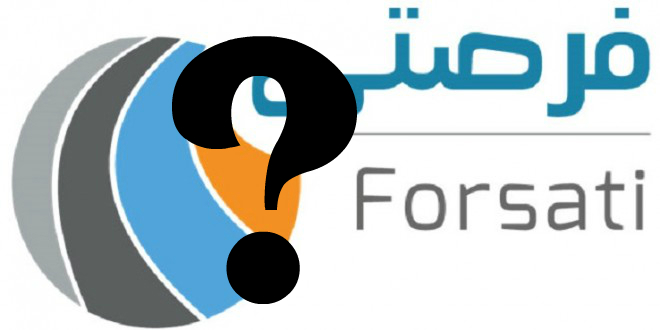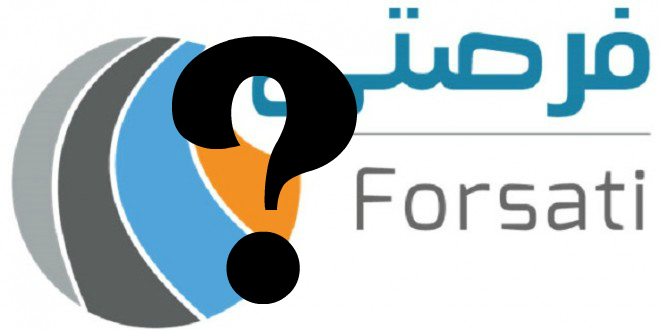Dignity is one of the fundamental pillars of the 2011 Tunisian Revolution, as the latter is also labeled the Revolution of Dignity. After protesting against 23 years of dictatorship and oppression, the same word becomes the war cry of politicians, artists and now it is placed at the helm of a contract occupying the innovative plan of employment called “the dignity contract”. This contract is not based on trading someone’s dignity in exchange of money; it is rather a contract that guarantees a life with dignity saving people from the trap of unemployment.

Since January 2017, Tunisia has been seeking to solve the employment crisis both in public and private sectors. This issue lurks in the lack of job opportunities that require serious training and higher qualifications. Indeed, the call for employment is in massive increase and the offers are not embracing public expectations. Concerning jobs in the public sector, the national agency of Employment and Independent Work declared that access to public profession is not yet available due to the abundance of unemployed people, who have been waiting in line since decades. One of the solutions that have been adopted so far is prioritizing employment in neglected areas and in low income families. As this procedure is meant to improve the socio-economic level in some impoverished places, the challenge is still debating the selection of the state in urge of improvement. In fact, many Tunisian states are suffering from the mass of unemployment adding to less economic investments equivalent to the natural sources claimed to be available in places like el Kef and Tataween.
Therefore, in order to encourage investment in neglected areas, the Tunisian government has lowered taxation for debuting entrepreneurs and encouraged bank loan facilities for business investment. Another economic project following the same path labeled as “ Forsati” ( my opportunity), appeared to be promising in the field of freelance business. The program “Forsati” is based on studying business suggestions and projects in order to finance the most effective ones, with a monthly small salary for the unemployed project holder. However, Forsati program was not yet a successful opportunistic job inauguration. A small tour on Tunisian facebook pages reveals the deception of many unemployed people. Many condemn the program to failure for the unbalanced financial support and the lack of transparency in adopting business projects. This lamentation occurs when people raise the question of why is it in that governorate and not in ours? Why do they invest in the North and not in the South? And of course such wonders may inaugurate the argument over who deserves the most economic interest and support.
After showing dissatisfaction with this project, the government is not yet discouraged with the public underestimation of the Forsati program. Despite the stigmatization and the division emerged out of this project, the challenge of providing public and private employment is still under discussion. In this respect, the government sought to adopt the system of conditioning the access to public employment through national exams in many fields. This procedure usually takes the form of a written and oral exam that denotes the qualification of the candidate to a specific job offer. In recent years, deception has been rising in the field of teaching as the results of this exam are not directly confined to employment but to two years of pedagogical training equivalent to the Master’s degree (an invention ‘brought to you’ by current minister of education, Mr Neji Jalloul). In addition, some notional exams were postponed and decreased in vacancies. Despite the stagnant employment progress, there is a new economic encouragement, which does not decrease the level of unemployment; but it still improves the wages in the private sector, and it is known as the dignity contract. This innovative economic privilege is a double-edged sword: On the one hand, the dignity contract offers the opportunity of getting a job after two years minimum of jobless experience. On the other hand, it contributes in providing two thirds of a fixed salary estimated as 600 TND, where the company pays the third (200 TND) and the government provides the rest. This new business alliance seems helpful for new investors to start business without worrying about the worker’s wage. It is also helpful to those who work in the private sector because it has increased the average income in private companies, which was estimated between 400 and 500 TND.
These decent economic solutions have not yet curbed the unemployment crisis. Some young Tunisians are still considering illegal migration to escape the hardships of getting job opportunities. In the end, both Forsati and Dignity Contract act as a last ditch attempt to shut the turmoil in neglected areas.
Article written by Awatef Hamdi

